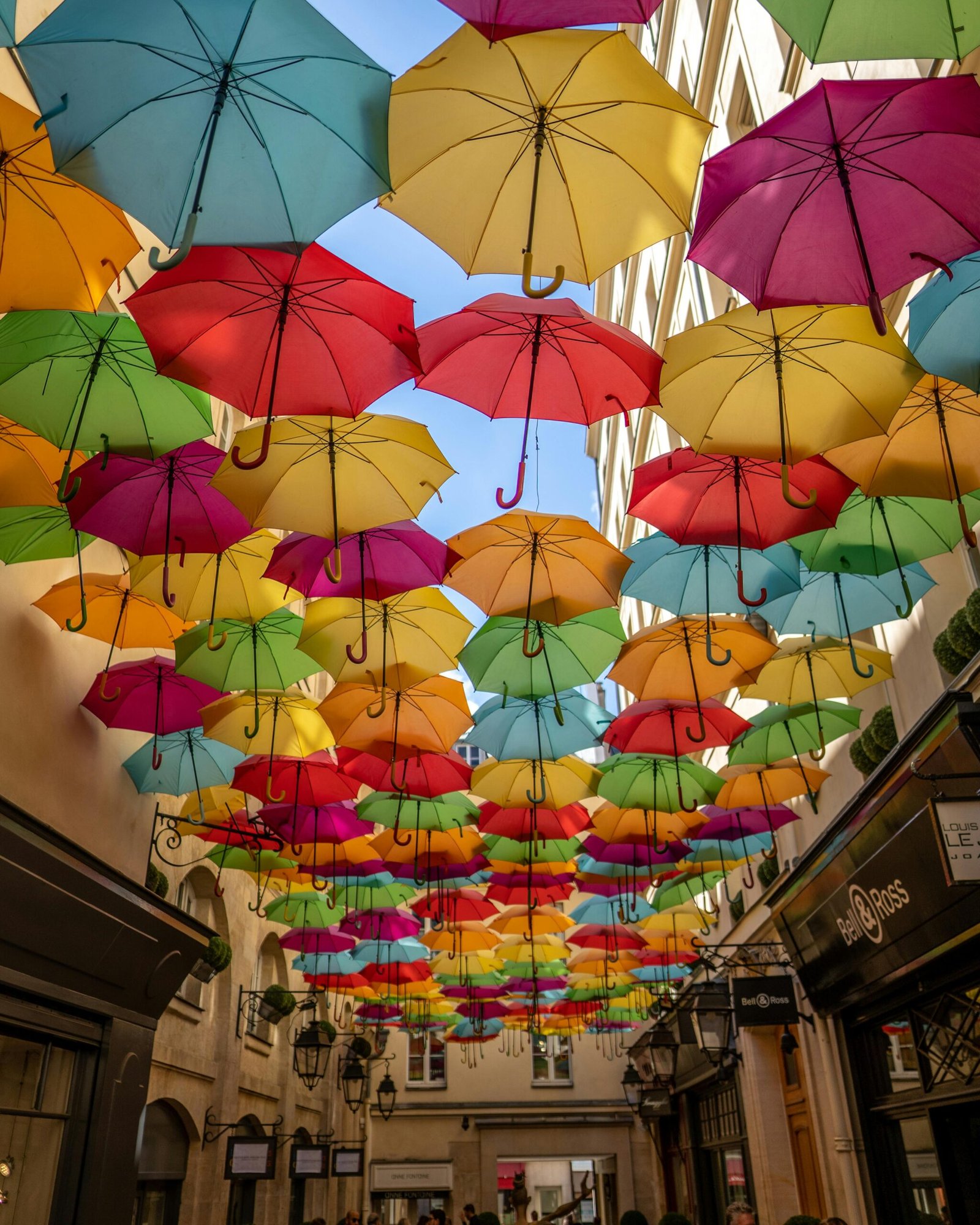Physical Address
304 North Cardinal St.
Dorchester Center, MA 02124
Physical Address
304 North Cardinal St.
Dorchester Center, MA 02124

Housing the city that is usually celebrated as the most beautiful in the world — Paris, France is a monumental beauty of a country; housing luxurious and elegant medieval monuments and cities. Little wonder the French people are one of the most patriotic!
France, the largest country in Western Europe, has long been a gateway between the continent’s northern and southern regions. Its lengthy borders touch Germany and Belgium in the north; the Atlantic Ocean in the west; the Pyrenees Mountains and Spain In the south. Wide fertile plains dominate most of the north and west, making France the agricultural epicentre of Europe. The sprawling, forested plateau of the Massif Central, a range of ancient mountains and extinct volcanoes, occupies France’s southern interior.
France is among the earth’s oldest nations, the product of an alliance of duchies and principalities under a single ruler in the Middle Ages. Today, as in that era, central authority is vested in the state, even though a measure of autonomy has been granted to the country’s régions in recent decades. The French people look to the state as the primary guardian of liberty, and the state in turn provides a generous program of amenities for its citizens, from free education to health care and pension plans. Even so, this centralist tendency is often at odds with another long-standing theme of the French nation: the insistence on the supremacy of the individual. On this matter historian Jules Michelet remarked, “England is an empire, Germany is a nation, a race, France is a person.” Statesman Charles de Gaulle, too, famously complained, “Only peril can bring the French together. One can’t impose unity out of the blue on a country that has 265 kinds of cheese.” This tendency toward individualism joins with a pluralist outlook and a great interest in the larger world.
Being one of the oldest nations on Earth, France is also one of the most ethnically diverse countries in Europe. These deep and broad influences have made France a world leader throughout history in nearly all aspects of culture, including cuisine, wine-making, politics, philosophy, music, art, film, fashion, literature, and sports.
France has ample land area to provide habitat for a wide variety of plants and animals. More than 25 per cent of its territory is covered with forest, and another 50 percent is countryside or farmland. Lowland forests are home to deer and wild boar, while the woodlands of the Alps and Pyrenees provide refuge for rare chamois antelope, ibex, brown bears, and alpine hares, among many other species.
The Mediterranean coastline is a stopover of millions of migrating African birds, including flamingos, vultures, egrets, and bee-eaters. The French government has made a broad commitment to preserving open spaces and the wildlife they contain. About 10 percent of the country has been set aside as national or regional parklands and nature reserves. It might be time to brush up on your French language skills, because France is the place to be, according to the latest tourism figures. A whopping 89.3 million people visited the country in 2018, making it the most visited destination in the world. The country’s capital, Paris, is also the third most visited city in the world, behind Bangkok and London. Pack your bags, folks!
What is more? The oldest person who ever lived was a French woman! The greatest fully authenticated age to which any human has ever lived is 122 years and 164 days. Jeanne Louise Calment was born in France on 21 February 1875 and died on 4 August 1997. She lived through the opening of the Eiffel Tower in 1889, two World Wars, and the invention of television, the modern motor car, and aeroplanes. France also ranks 20th in the world for life expectancy with men and women living on average until 82 years old.
Though same-sex is more of a contemporary concept in our world today, it has been legalized in France since 2013. When President Françoise Holland signed the bill into law on 18 May 2013, France became the ninth country in Europe and 14th in the world to legalize same-sex marriage. Although polls at the time showed that around 50% of French people supported it, not everyone was happy about it. In fact, thousands of people defending the so-called ‘family values’ took to the streets in protest.
France also has the most Nobel prize winners. With 15 French individuals winning the prestigious award since 1901, it’s fair to say that France has produced some of the world’s most influential writers and thinkers. French poet and essayist Sully Prudhomme became the first-ever winner of the award that year. Among France’s most celebrated poets, novelists, and writers are René Descartes, Voltaire, Charles Baudelaire, Blaise Pascal, Gustave Flaubert, and Victor Hugo.
Yes! Europe’s highest mountain is Mont Blanc in the French Alps. Standing at a height of 4,807m, Mont Blanc is officially the second-highest mountain in Europe. It takes an arduous 10 to 12 hours to climb to the summit. But if you’re not up for that, you can take a leisurely 20-minute trip up on Europe’s highest cable car on the nearby Aiguille du Midi to get a brilliant view from the top. Discover other amazing places to visit in France.
French gastronomy was awarded UNESCO World Heritage Status in 2010. France is famous for its exquisite food, which was added to the list of the intangible cultural heritage of humanity by UNESCO in 2010. Experts described the importance of French gastronomy as a social custom aimed at celebrating the most important moments in the lives of individuals and groups, as well as emphasizing togetherness for its function of bringing friends and family closer together and strengthening social ties.
That concludes our discussion for today. See you soon.